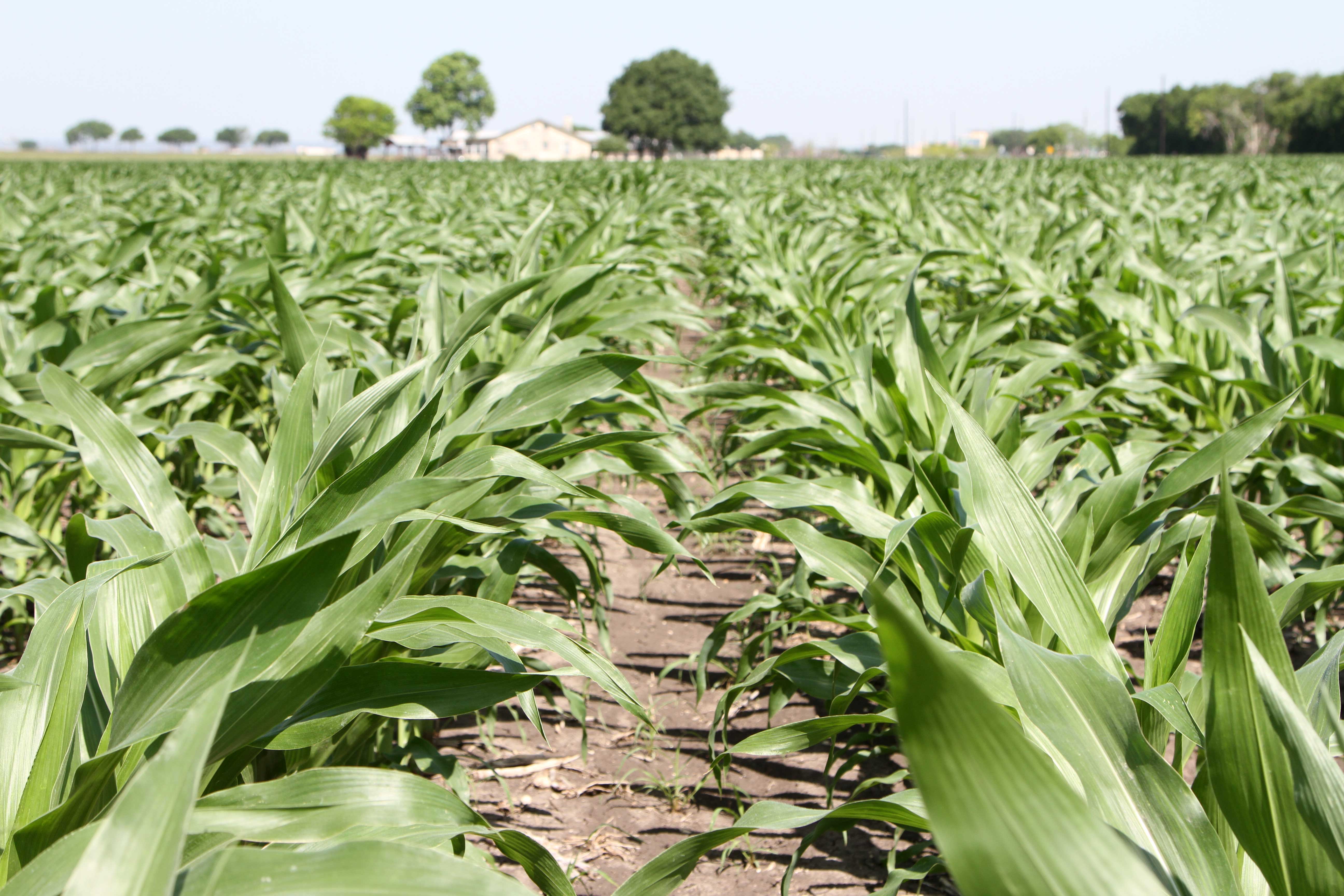By Jessica Domel
Multimedia Editor
The House Committee on Oversight and Government Reform wants to know whether or not the National Institutes of Health (NIH) had research showing no connection between cancer and glyphosate and failed to release it.
Earlier this week, Committee Chair Trey Gowdy sent a letter to the director of NIH asking why the information was withheld.
“Dr. Aaron Blair of the NCI (National Cancer Institute) acted as a senior researcher on the Agricultural Health Study (AHS), which examined the effect of pesticides, including glyphosate, on thousands of American farmers,” Gowdy wrote. “In 2013, Dr. Blair and other researchers working on the AHS prepared and reviewed papers showing no evidence that glyphosate caused cancer. Nonetheless, according to the report, NCI did not publish this finding.”
The decision to withhold the information raises a number of questions, according to Gowdy, including why the information was not published or made available before the International Agency for Research on Cancer (IARC) called glyphosate a “probable human carcinogen.”
“Dr. Blair subsequently led IARC’s review of glyphosate, which did not consider the AHS finding on glyphosate allegedly because they were unpublished,” Gowdy wrote.
The committee wrote to NIH in late September 2016 and in January about their funding and association with IARC. Gowdy said the committee is now concerned about new revelations, especially considering “Dr. Blair’s apparent admission that the AHS study was ‘powerful’ and would alter IARC’s analysis of glyphosate.”
Blair, now retired, reportedly told Reuters the paper wasn’t published, because there was too much information to fit into one paper. He told the news agency any claims he deliberately did not publish the paper are “absolutely incorrect.”
The committee gave NIH until Tuesday, Aug. 22, to provide information on why the paper and research was not published.
Glyphosate is the active ingredient in many herbicides, including Monsanto’s Roundup.
“In evaluations spanning four decades, the overwhelming conclusion of experts worldwide has been that glyphosate, when used according to label directions, does not present an unreasonable risk of adverse effects to humans, wildlife or the environment,” Monsanto stated.
The Environmental Protection Agency (EPA) issued a report in 2016 concluding glyphosate is not carcinogenic to humans.

